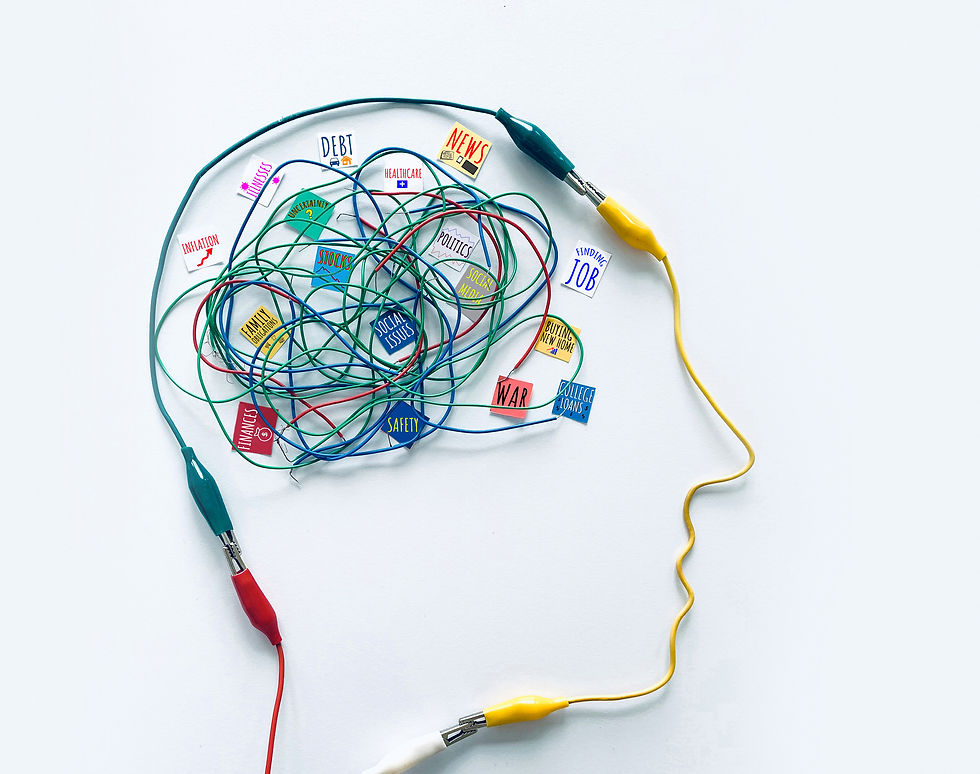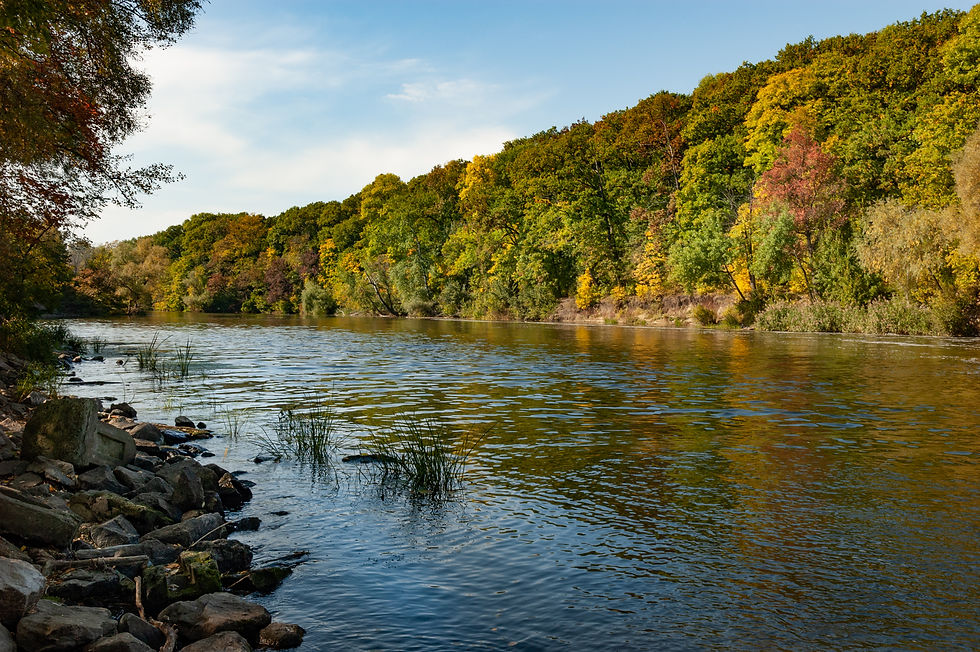Blue Mind: How Water Transforms Our Mind and Well-Being
- Catherine Hart
- Jan 31
- 3 min read
Have you ever felt a deep sense of calm while sitting by the ocean, swimming in a lake, or even just soaking in a warm bath? There's a reason for that. In Blue Mind, Wallace J. Nichols explores the fascinating science behind our deep emotional and physiological connection to water. More than just a poetic idea, Blue Mind is a concept backed by neuroscience, revealing how water profoundly impacts our happiness, health, and even productivity.

What is Blue Mind?
Nichols defines Blue Mind as "a mildly meditative state characterized by calm, peace, unity, and a sense of general happiness associated with water." Essentially, it’s that blissful feeling we get when we're near, in, on, or under water.
Most of us, however, live in what Nichols calls Red Mind—a state of constant stress, overstimulation, and anxiety. Think about your last hectic day—buzzing notifications, looming deadlines, and that overwhelming sense of “I can’t keep up.” Water offers an escape, a reset button for our frazzled minds.

The Science Behind Blue Mind
So, how does water work its magic? Nichols dives into neuroscience to explain. When you’re near water, your brain releases feel-good chemicals like dopamine and serotonin. At the same time, cortisol—the stress hormone—decreases, calming your nervous system.
The gentle, rhythmic sounds of waves or flowing rivers activate the parasympathetic system, helping us relax. And our brains are wired to respond to water: over 70% of our body is water, and the human brain itself is 75% water. It's no wonder we feel a sense of belonging near it.

Water’s Emotional Benefits
Water isn’t just good for reducing stress—it enhances our emotional well-being. Blue Mind shares countless stories that highlight this, including military veterans with PTSD finding peace through surfing. For them, the ocean isn’t just water; it’s a place of healing.
And it’s not just veterans. From swimmers to fishermen, Nichols explores how water improves focus, creativity, and even relationships. It’s like nature’s therapy session, available to all of us.

Water and Productivity
Ever feel stuck on a problem? Try going for a walk near water. Nichols explains that water environments encourage a mental state called soft fascination, where your mind can wander and solve problems creatively. A few moments near water can declutter your thoughts and boost your mood, helping you return to work with fresh ideas.
A Call to Protect Our Water
But here’s the catch—if we want to continue reaping these benefits, we need to protect our water sources. Nichols ties our emotional connection to water with environmental conservation. Clean water isn’t just a luxury; it’s essential. Imagine a world where our oceans are too polluted to swim in or our rivers too dirty to drink from. If we love water for what it does for us, we need to take care of it.

Final Thoughts
So, what’s the big takeaway from Blue Mind? It’s simple: water is more than just something we drink or swim in—it’s a powerful tool for happiness, health, and connection. Next time you’re feeling stressed, take a moment to connect with water. Sit by a lake, listen to the rain, or even take a long bath. You might be surprised by the difference it makes.
On a personal note, Wallace J. Nichols was a mentor and dear friend. Tragically, he passed away last year, and his loss is deeply felt by the conservation community and all who knew him. His work continues to inspire us to connect with water and to protect it. J, you are missed, and your legacy lives on.
If this idea resonates with you, I highly recommend reading Blue Mind. It’s packed with science, stories, and actionable tips to bring more water—and calm—into your life.
Stay calm, stay connected, and stay curious.




Comments